World War One Documentaries
The Man Who Shot The Great War
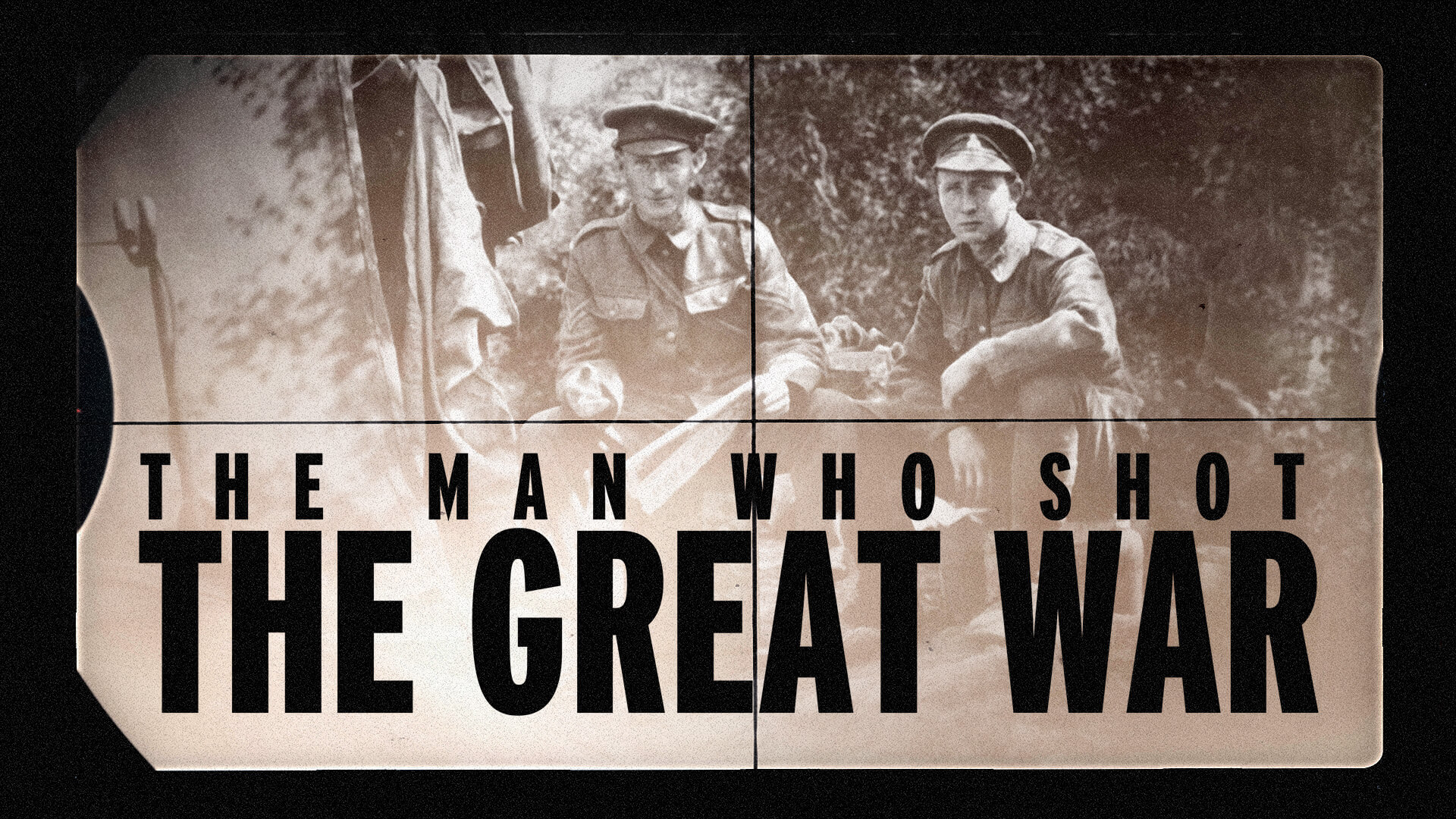
In 1915, a soldier from Belfast took his camera along as he joined World War I. His exploits were to have a dramatic outcome many years later. Revealing for the first time what has been described as the ‘photographic discovery of the century’, this fascinating world war one documentary uncovers the remarkable story of George Hackney. Many of his incredible images are seen for the first time.
I Was There: The Great War Interviews
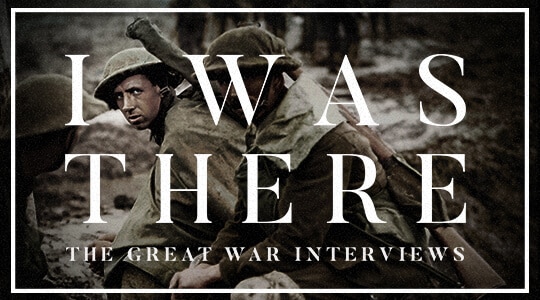
In the early 1960s, the BBC interviewed 280 eyewitnesses of the First World War for the series, The Great War. Using never-before-seen footage from these interviews, this groundbreaking history documentary illuminates the poignant human experience of the war through the eyes of those who fought, lived through, and survived it.
The First World War: The Peoples' Story
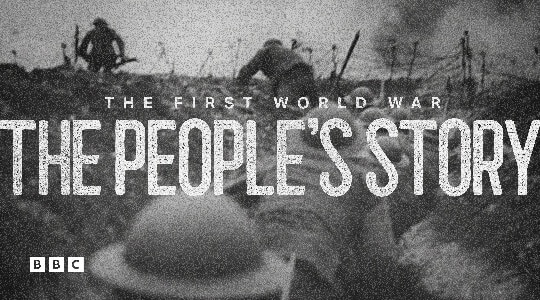
The brutality, suffering and slaughter of World War I changed the face of Europe forever and had a devastating impact on those involved. Filmed over 25 years, this remarkable history series draws on an extraordinary archive of 200 interviews and digitally restored footage to tell the story of the Great War through the eyes of the ordinary people at the heart of the conflict.
The Last Day Of World War One
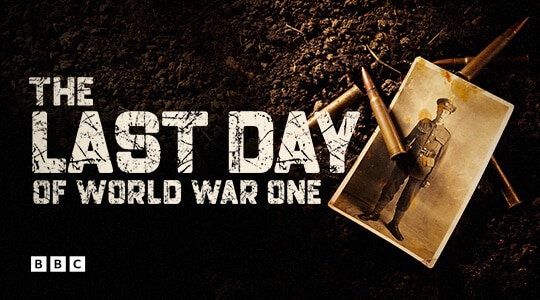
Though the First World War ended on November 11th, 1918, soldiers continued to be killed in battle for many hours after the armistice had been signed. Recounting the events of the days and hours leading up to that last morning, Michael Palin travels to battlefields in France and Belgium and tells the personal stories of the last soldiers to die in the war to end all wars.
War's Secret Shame: Shell Shock
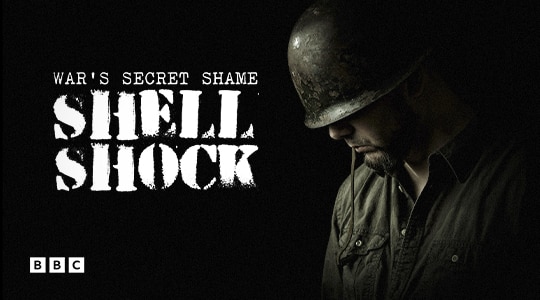
By the end of World War One, hundreds of thousands of servicemen were displaying symptoms with no obvious physical cause, including violent shaking, muteness and night terrors.
Using archive footage and interviews with combat veterans, this documentary delves into the story of one of the 20th century’s greatest mental health challenges, shell shock – also known as battle fatigue, combat stress and, more recently, PTSD – and asks why we are still unable to deal effectively with the trauma of war.





